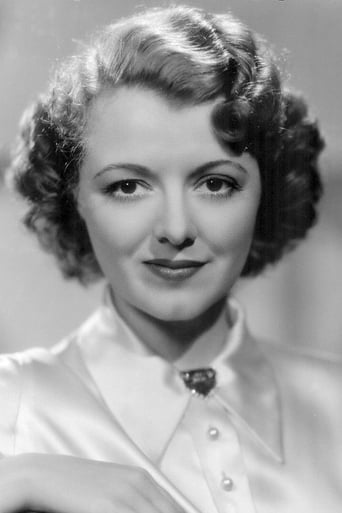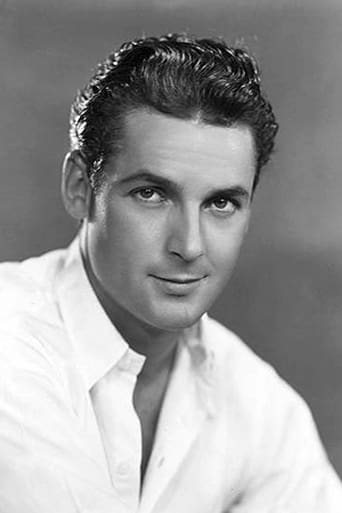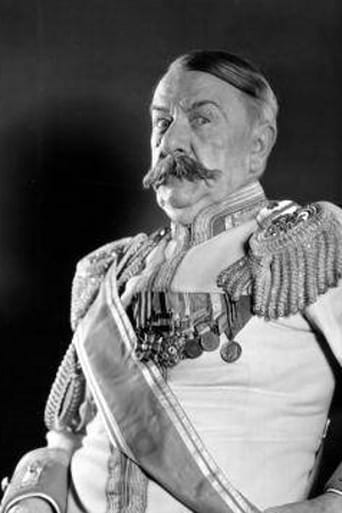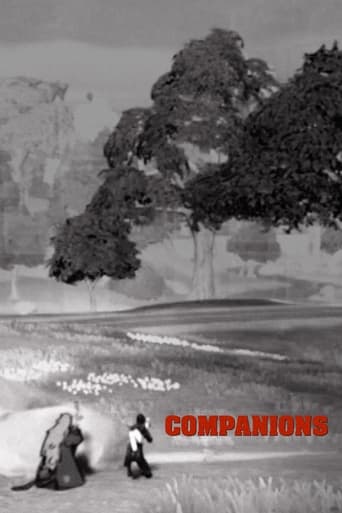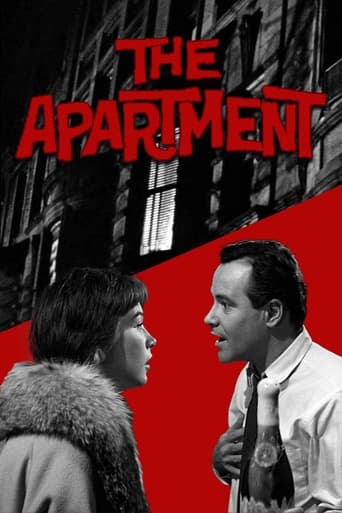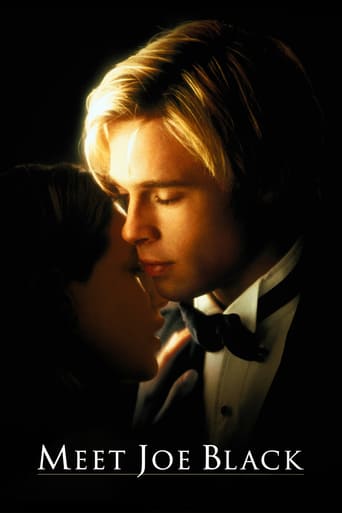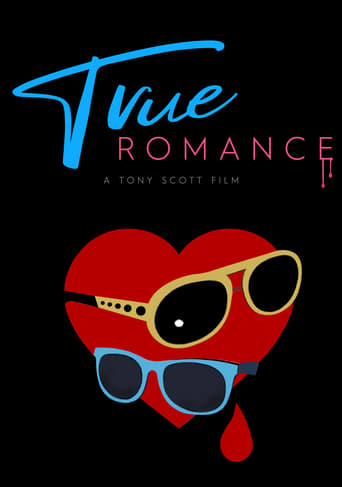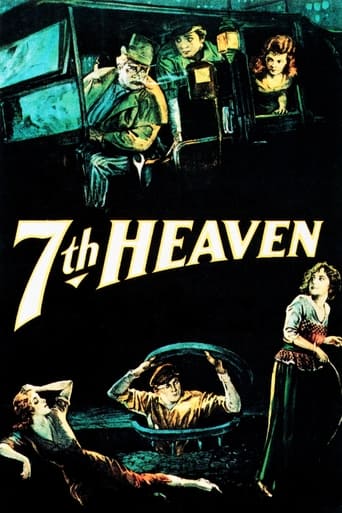
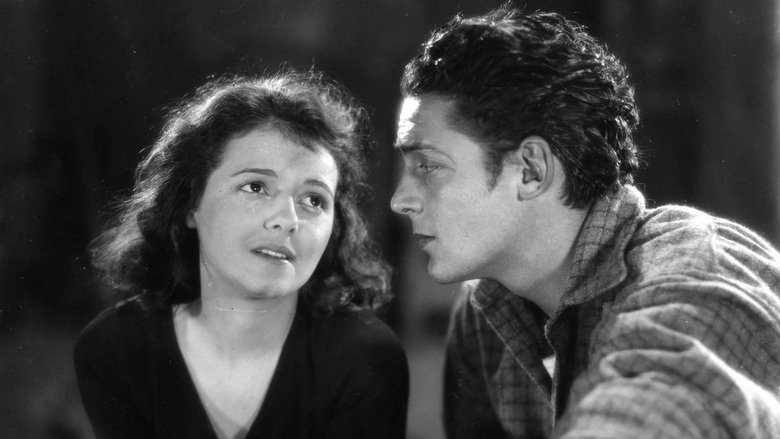
7th Heaven (1927)
A dejected Parisian sewer worker feels his prayers have been answered when he falls in love with a street waif.
Watch Trailer
Cast


Similar titles
Reviews
Great Film overall
It's funny watching the elements come together in this complicated scam. On one hand, the set-up isn't quite as complex as it seems, but there's an easy sense of fun in every exchange.
Yo, there's no way for me to review this film without saying, take your *insert ethnicity + "ass" here* to see this film,like now. You have to see it in order to know what you're really messing with.
The film's masterful storytelling did its job. The message was clear. No need to overdo.
"Seventh Heaven," Frank Borzage's poetic romantic melodrama from 1927, was the last of the three films nominated for the first Best Picture Oscar that I have now finished viewing (the other two being Lewis Milestone's "The Racket" and William A. Wellman's "Wings"). It's a sweet little movie about a meek waif (Janet Gaynor) who meets cute with a macho street cleaner (Charles Farrell) and then proceeds to fall in love with him, and he with her, while living together as a fake husband and wife in order to fool the authorities and prevent Gaynor from going to jail (that's another story, and is disposed of within the film's first 20 minutes or so). From there, the film transitions into full-blown melodrama as Farrell goes off to war and Gaynor waits stoically for him to return.This all would be enough to make one gag, if someone other than Borzage had directed it. He had a knack for taking the most saccharine subject matter and handling it with utmost delicacy; as a result, you're utterly charmed and swept up in the film's romanticism even as your head tells you you should be rolling your eyes. It also helps that Farrell and especially Gaynor were very good actors, and they make the characters believable while keeping the rampant sentimentality at bay.Borzage won the first Best Director Oscar for his work, and Gaynor was Oscar's first Best Actress, winning for this and two other films, "Street Angel" and "Sunrise," back when Oscars were given for entire bodies of work over a year and not for one specific film. Writer Benjamin Glazer completed the film's triplicate wins by taking home the first Oscar for Writing (Adaptation), before a screenplay award even existed."Seventh Heaven" was passed over in the Best Picture category for "Wings," and it also lost Art Direction (for Harry Oliver's impressive Parisian loft and WWI battlefield sets), but with five nominations it emerged as the most nominated film in Oscar's debut year.Grade: A
'Seventh Heaven (1927)' is usually compared to 'Sunrise: A Song of Two Humans (1927),' and not without reason. Director Frank Borzage has a keen sense for lighting and shot composition, perhaps not as effortlessly graceful as that of Murnau, but the film superbly explores three-dimensional space, most memorably in a vertical long take that follows the characters up seven floors of staircases, and a backwards tracking shot through the crowded trenches of a battlefield. Janet Gaynor, who also starred in 'Sunrise,' is once again a perfect picture of fragility and helplessness, a persona at which she was bettered only by Lillian Gish. More interesting, however, is that Gaynor's character undergoes a startling character arc, developing from a weak, embattled victim – a trampled flower – to a decisive and assertive woman, a member of the workforce, and an independent but devoted wife. Her husband, played by Charles Farrell, likewise undergoes a transformation, of the spiritual kind. Together, they share a love so definitive that the formula has since become familiar, but Borzage keeps it fresh.Perhaps the greatest miracle about 'Seventh Heaven' is that the romance works at all. Farrell's Chico is a haughty, athletic sewer worker, so determined of his own worth that he bores his grotesque colleagues with anecdotes of his future greatness. Gaynor's Diane, a small creature routinely lashed by her sleazy sister, is at first an object of derision for Chico, who uses her mere existence to affirm his atheism. Indeed, so aloof is his attitude towards her that I could scarcely believe that the pair were to fall in love, but the transition is carried out gradually and convincingly. As in most great romances, the two star-crossed lovers are swiftly separated by the onset of war. Here, once again, Borzage's keen eye for visual storytelling results in some wonderful sequences of conflict, with his portrayal of the battlefield perhaps serving as inspiration for Lewis Milestone's war drama 'All Quiet on the Western Front (1930).' Only with the occasional moments of misplaced comedy – the ritualistic bowing of the street-sweepers, for example – does the director fumble with the film's mood.This reviewer being an atheist, films dealing with a central religious theme face an uphill battle. Chico opens the film not unlike myself, as an obstinate atheist who curses God for failing to answer his prayers. Christianity intercedes through a kind-hearted priest, who offers Chico his dream-job as a street-sweeper, as well as two religious necklaces. Predictably, our hero is converted by the film's end, and, indeed, stages a resurrection that borders on Biblical. This "miraculous" ending could easily have had me rolling my eyes, but – somehow, and against all odds – it didn't. Borzage doesn't play Chico's survival as a startling revelation, and nor does it feel tacked-on, as does the fate of Murnau's hotel doorman in 'The Last Laugh (1924).' Alongside Diane's stubborn insistence that her husband is still alive, to actually see him pushing through the crowds seemed like the most natural thing in the world. And even if Chico is dead, then his wife is already there in Heaven, on the seventh floor, waiting to greet him.
This love story is so much a product of its' era, a time of innocence and charm. The leads, Gaynor and Farrell, are simply perfect as the lovers who are parted by World War I. Janet Gaynor is beautiful and Charles Farrell is handsome. SEVENTH HEAVEN has it all: prostitution, romance, war, a sadistic whipping, and religion. It is melodramatic, to be sure, but this is part of the charm. It is a winner of multiple 1st Academy Awards, and deserves to be seen on DVD in a Fox release. Perhaps if we wrote to Fox Home Entertainment. They allowed that abysmal tape of SEVENTH HEAVEN to be circulated by Critics Choice. It's time to correct a bad judgment.
A beautiful melodrama, which, at its best, nears Sunrise. Janet Gaynor starred in both of them, and one the first Best Actress Oscar for her work in those two films. She plays a destitute Parisian girl kicked out of her home by her father. When a police officer attempts to arrest her, a sewer worker who has just been promoted to a street cleaner (Charles Farrell) selflessly claims that she is his wife. The two have to uphold this charade for a few days, but, by the end, they are in love. By the time they realize this and get married, though, WWI has begun and the men are off to war. The first half, maybe more, is the romantic part, and it is wonderful. Some of the best filmmaking around, and a couple of scenes that are just gorgeous. I will never forget sweet Janet Gaynor putting Farrell's coat on the back of a chair and then, sitting in that chair, she puts the coat's arms around her body. The second half, the war half, is very good, but it pulls down the magical romance into reality. Which isn't necessarily a bad thing, I suppose, no matter how much I was enjoying that first half. It's a good war film, at least the equal of Wings. The battle sequences are well produced and harrowing. Meanwhile, Gaynor faces the no-longer harmless flirtations of a Colonel. The direction is always fantastic. The visual and narrative motif of altitude is very well done, with Farrell beginning in the sewers and, a bit later, he ascends to the stars in his tall apartment building. Seventh Heaven might have been a masterpiece, but it completely crumbles by the end. The end should have written itself. The end of the war should have been the sign that Farrell had not abandoned Gaynor. Unfortunately, we have to deal with an entirely tacked-on ending. It can't ruin the film, of course. 9/10.


